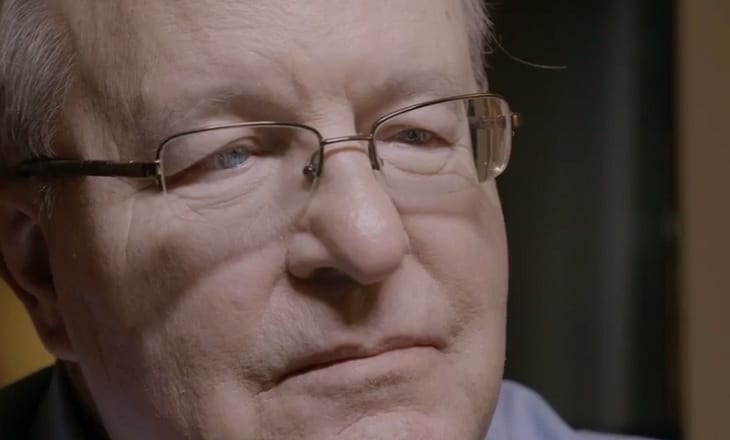The U.S. Commodity Futures Trading Commission (CFTC) has launched True Fraud Stories, a video series about how cunning fraudsters have lured smart investors into fraudulent investment schemes that resulted in the loss of thousands of dollars of their savings. These real-life victims tell their stories hoping others will become educated about financial fraud and avoid similar scams.
While the CFTC promises to soon release a two-episode video series on Binary Options fraud, in the first of the CFTC’s new video series military veteran Bob Bauman recounts what he thought was diligent research, including flying across the country to meet the broker who propositioned him to buy into a lucrative-sounding silver deal to increase his retirement savings. Bauman, who has an advanced degree in business, was skillfully scammed out of his retirement in a precious metals scheme.
Commonly, these schemes involve fraudulent solicitations and false statements about earnings potential and the safety of investing in metals like platinum, gold, and silver, as in Bauman’s case.
Despite his research and close examination, Bauman failed to run a quick and easy check using the tools available on CFTC’s SmartCheck.gov and had no idea his broker was not registered to sell commodity investments.
When an individual or firm selling investments is registered with federal authorities, they must meet specific customer protection, disclosure, and examination requirements. However, while registration suggests some protection, it is no guarantee against fraud or loss caused by market forces.
“It’s a lesson I learned the hard way,” said Bauman. “I hope my story helps other investors avoid a similar situation. In the future, my first-step will be to check the background of any financial professional using the databases on SmartCheck.gov.”
Research has shown that like Bauman, victims of financial fraud are smart, experienced, and knowledgeable – and yet they can become victims of fraud. CFTC’s new video series features these people to help dispel misconceptions and show that fraud can happen to anyone.
“Fraud is a crime. It is not about being greedy or gullible. The people who commit these crimes are professionals and very good at what they do. Eventually, they get caught, but too often it’s after the money disappears. That’s why we encourage all investors to take the one simple step of checking before investing,” said Dan Rutherford, Director of CFTC’s Office of Customer Education and Outreach. “In addition to the victim videos, CFTC’s SmartCheck.gov offers resources and tools to help investors spot warning signs of fraud and a direct way to report suspicious activity.”
Bob Bauman’s full story can be seen in the following video:
